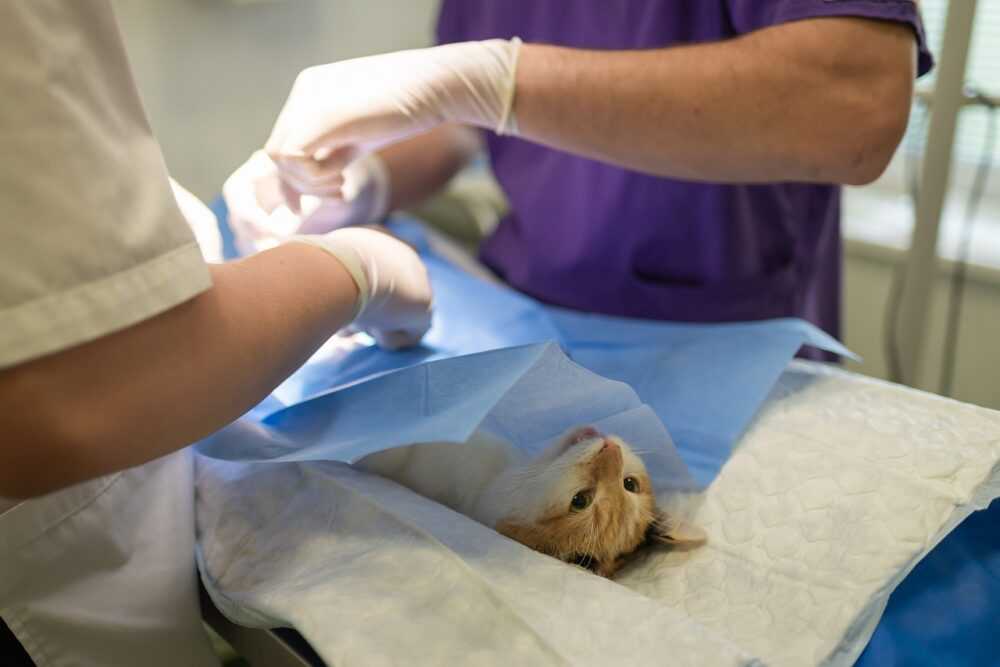
Introduction
Veterinary medicine is a branch of medicine that deals with the diagnosis, treatment, and prevention of disease in animals. Veterinary doctors are also involved in the promotion of animal health and the production of food.
The veterinary profession has a long history, dating back to ancient times. The first veterinary school was established in 1761 in Lyon, France. In the United States, the first veterinary college was established in 1873.
Today, there are more than 30 veterinary schools in the United States and over 100 worldwide. Veterinary medicine is a popular career choice for many people who are interested in helping animals and working with people.
Job Description
Veterinarians care for the health of animals and work to improve public health. They diagnose and treat sick or injured animals, advising owners on animal care and nutrition, perform surgery, vaccinate against diseases, prescribe medication, and microchip animals for identification purposes.
They also conduct research on animal diseases and develop new treatments for them.
In addition to caring for sick animals, veterinarians also work to prevent the spread of disease. They may inspect livestock, monitor food safety, and investigate outbreaks of animal diseases.
Veterinarians typically work in veterinary clinics, hospitals, or laboratories. Some work in zoos, wildlife sanctuaries, or other animal care facilities. Others may work in public health or government agencies.
Education and Training
To become a veterinarian, you will need to complete a four-year veterinary medicine program at an accredited veterinary school. Admission to veterinary school is competitive, and you will need to have strong grades in science and math courses as well as experience working with animals.
After completing veterinary school, you will need to pass a national veterinary licensing examination. Most states also require licensure.
Once you are licensed, you may choose to complete a one-year internship or residency program in order to specialize in a particular area of veterinary medicine.
Job Outlook
The job outlook for veterinarians is good. The Bureau of Labor Statistics projects that the employment of veterinarians will grow 19 percent from 2016 to 2026, faster than the average for all occupations. This growth is due to an increase in the number of pets and the prevalence of animal diseases.
As the human population continues to grow, there will be an increased demand for food, which will lead to more jobs in veterinary medicine related to food safety and animal health.
The veterinary profession is expected to continue to grow in popularity, as more people become aware of the importance of animal health and the impact that veterinary medicine has on public health.
Pros and Cons of Veterinary Medicine
Like any career, veterinary medicine has its pros and cons. Here are some of the things you should consider before becoming a veterinarian:
You can have a positive impact on animal health and welfare
You can help control the spread of diseases
You can work in a variety of settings
You can choose to specialize in a particular area of veterinary medicine
The job outlook is good
You can make a good salary
You may have to work long hours, including nights and weekends
You may have to deal with emotional situations
You may be exposed to zoonotic diseases (diseases that can be spread from animals to humans)
The work can be physically demanding
You may have to euthanize sick or injured animals
Conclusion
Veterinary medicine is a rewarding career choice for those who are passionate about helping animals and working with people. If you are looking for a career that will allow you to have an impact on the lives of animals, veterinary medicine is one option. However, be aware that veterinary medicine can be physically demanding and may require long hours in stressful situations. It is important to weigh the pros and cons of veterinary medicine before making the decision to become a veterinarian. Be sure to do your research before pursuing this profession!
FAQs
Q: How many years is veterinary medicine?
A: veterinary medicine is a four-year veterinary medicine program at an accredited veterinary school.
Q: What does a Doctor of Veterinary Medicine do?
A: A Doctor of Veterinary Medicine (DVM) is a professional who diagnoses and treats sick or injured animals. They also work to prevent the
Q: What do veterinarians typically do?
A: Veterinarians typically work in veterinary clinics, hospitals, or laboratories. They may also work in zoos, wildlife sanctuaries, or other animal care facilities.
Q: How much do veterinarians make a year?
A: The median annual salary for veterinarians was $88,770 in 2016, according to the Bureau of Labor Statistics. Salaries can vary depending on experience, location, and type of employer.





